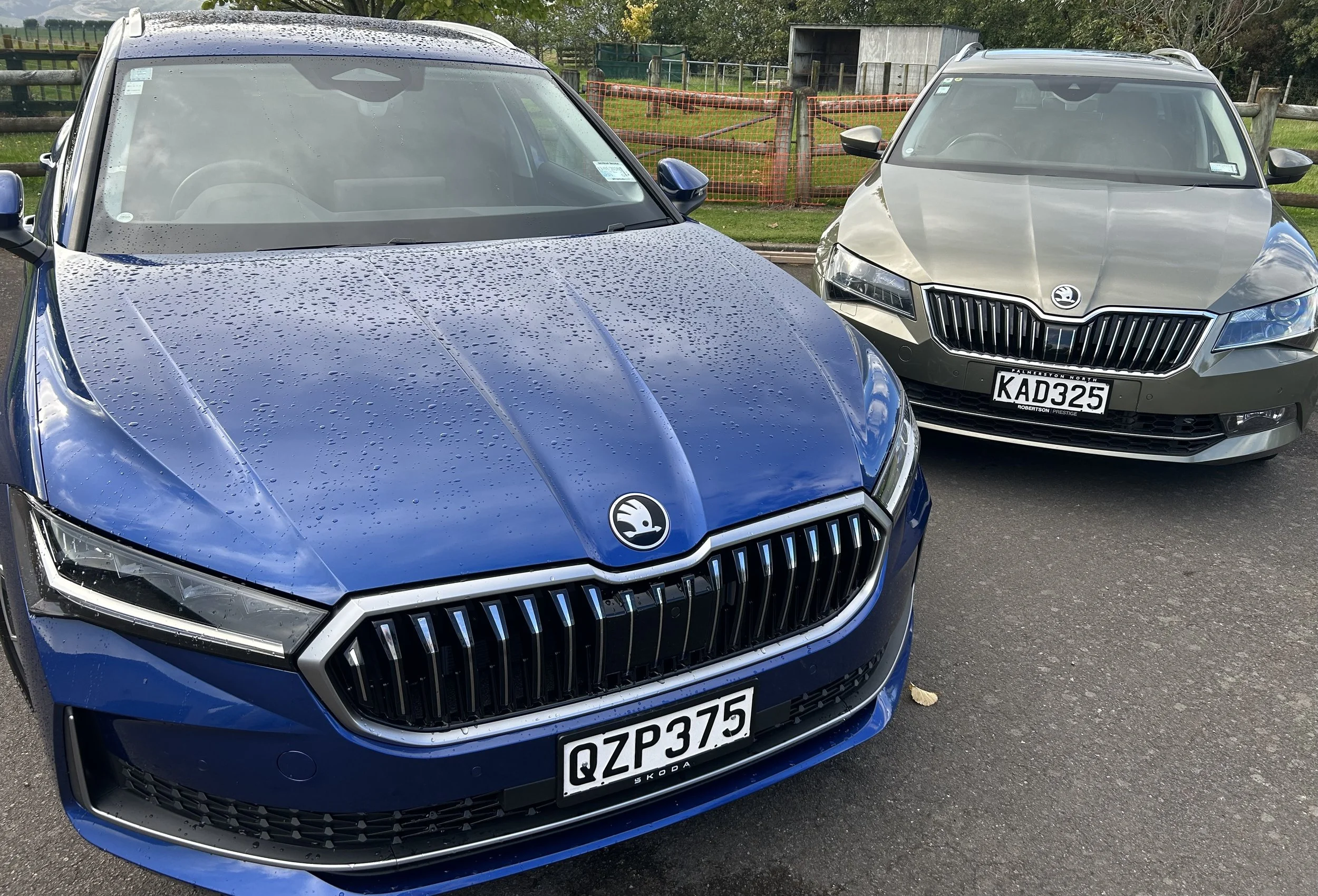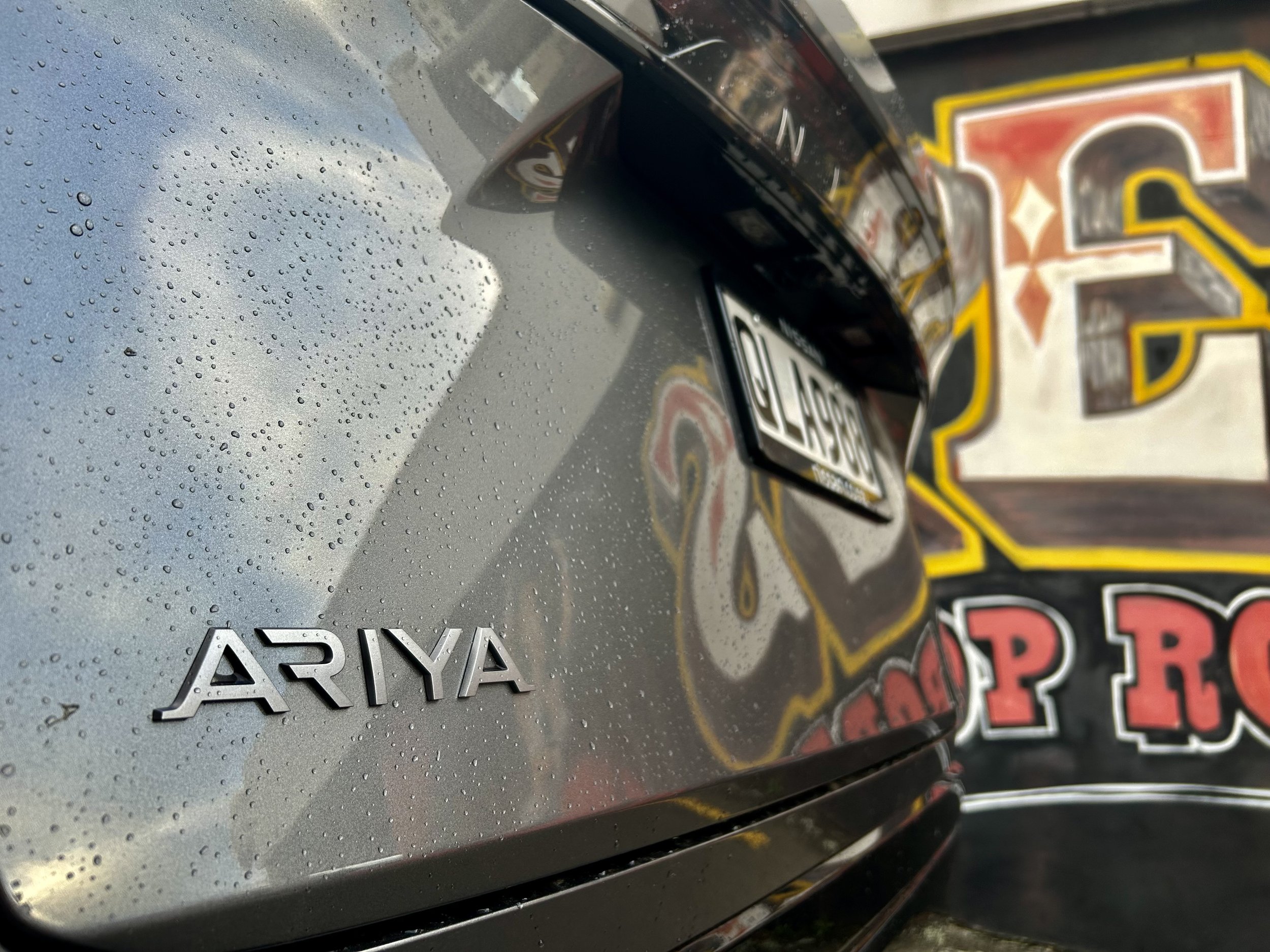Ioniq 5 taking off – other EVs recall status pending
/Hyundai New Zealand is focusing on the positives of its battery charge; but where does that leave Kona and Ioniq EV owners?
NZ interest in the Ioniq 5 coming in the second part of 2021 has been immediate.
KIWI interest in the latest Hyundai electric car since its reveal a week ago is being celebrated by the brand’s distributor – however, it has still to reconcile an issue tied to two battery-dedicated models already here.
In respect to the Ioniq Five, which made its global reveal on February 23 the first product from the Korean giant’s new electric sub-brand, Hyundai New Zealand says pre-orders have opened for a futuristic model set to land in the second part of the year and that the count has reached double figures.
Spokesman woman Kimberley Waters later clarified this to “20 pre-orders” since a specific webpage went live two days ago. Many more EV enthusiasts have sought information.
HNZ asks for a $500 deposit with each pre-order, but says that will be fully refundable if the intending buyer has a change of mind.
No price has been established for the five-seater medium crossover, the first model built on Hyundai Motor Group’s new dedicated architecture for battery electric vehicles, called Electric Global Modular Platform (E-GMP), and the New Zealand market specification is not yet clear. The car’s drawcard elements include eco-friendly materials of its interior design, to ultra-fast charging and vehicle-to-load function.
“We are really pleased by the initial interest in the IONIQ 5. Our team and dealer network are really excited about bringing this EV into New Zealand, and it seems many other EV enthusiasts are too,” says Andy Sinclair, Hyundai NZ’s general manager.
“In a matter (of) days we’ve had a large volume of people register their interest to hear more about this vehicle, as well as pre-orders.”
Ioniq Five’s roll out has timed with a big challenge for Hyundai and its sales agencies – the need to recall electric Kona SUV and Ioniq hatchback cars built since 2018 to replace their battery packs and battery management systems.
This requirement is triggered by fears of a potential fire risk.
Many countries have already initiated a recall. Waters says HNZ has yet to receive an official notification from Seoul.
“We have still not received official notification from Hyundai Motor Company, so until we have full details regarding the recall campaign we are unable to fully initiate our recall process here in New Zealand.
“One of the first steps in the recall process is to notify/inform Waka Kotahi NZ Transport Agency and the CEO of the Motor Industry Association, and then begin communicating with customers with affected vehicles.
“When that happens, the recall will appear on the Waka Kotahi New Zealand Transport Agency recall website.“
Hyundai NZ says it is still awaiting official notification of need to recall the Kona EV and Ioniq EV hatch.
Remedial action that Hyundai Motors has said is required is a massive and expensive job; 82,000 electric vehicles are drawen in – the majority being Kona EVs, but the fully-electric version of the Ioniq hatch (sold here) is also involved, as are some buses (not sold here).
The remedy is a complete replacement of the lithium-ion battery that feeds the cars’ electric propulsion. The total to Hyundai Motor is estimated to be at least $NZ1.2 billion, making it the most expensive EV recall ever.
According to the Korea Herald newspaper, Hyundai will begin the replacement process at the end of this month March in the domestic market and from April in overseas markets.
It proposes a major logistical issue for the brand’s overseas’ agencies as the batteries will have to be shipped by sea and then fitted locally, once the subject cars have been divested of the original items, which will also require safe disposal. New Zealand does not have facility for disassembly of such batteries.
It said the battery system subject to the replacement was manufactured by South Korea’s No.1 battery maker LG Energy Solutions, between November 2017 and March 2020. LG Energy is a key affiliate of the country’s leading chemical firm LG Chem Ltd, it said.
Another Korean news outlet, Business Korea, reported recently that since its launch in 2018, the Kona EV has suffered a total of 15 fires — 11 in South Korea and four overseas. Fires have also been reported in Ioniqs, and on February 15, in a Hyundai electric bus. No fires have been reported in New Zealand.
Three previous recall for the Kona are listed on the NZTA website, one specific to the EV, issued in October. This was an issue with the battery system that might also lead to a fire. The recall proposed a software update as a primary measure to address the issue. In at least one case, a NZ-new car required a complete battery change.
The owner of that car, which returned to the road last month after 68 days in an accredited workshop, has spoken with MotoringNZ. He is unsure if the replacement is of the same kind that requires replacement or if it has an improved battery.
Hyundai gives its full EVs an eight warranty on the battery; conceivably that would refresh with a replacement.



















